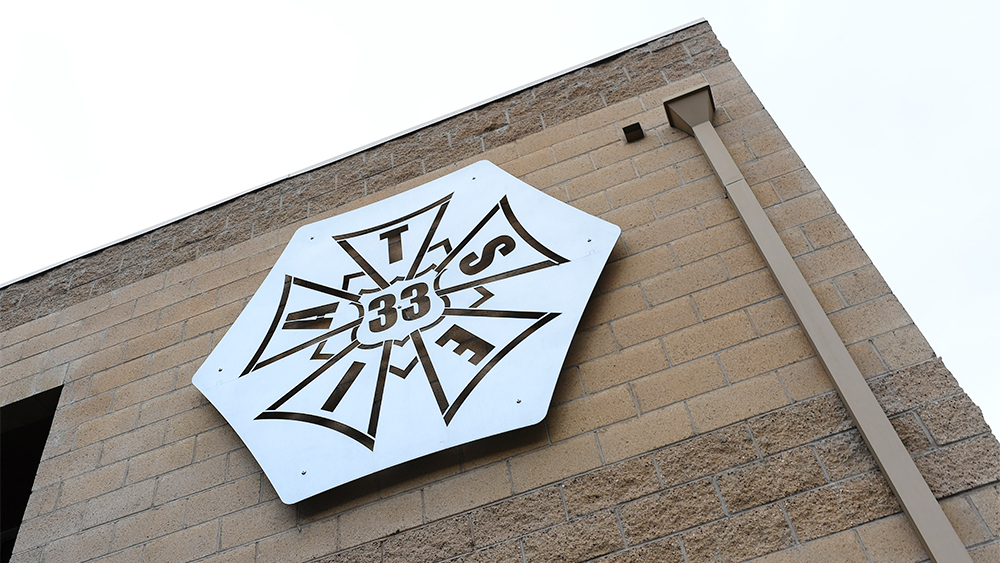The evolving landscape of AI in Hollywood: A deep dive into IATSE’s new contract
Introduction: The dawn of a new era
The entertainment industry is no stranger to change, but the rapid advancements in artificial intelligence (AI) are poised to revolutionize Hollywood in unprecedented ways. As the International Alliance of Theatrical Stage Employees (IATSE) begins its contract ratification vote, the focus is on how AI will impact job retention and creative processes. This article delves into the intricate details of the new contract, the concerns of union members, and the potential future of AI in the film and television industry.
The contract ratification: A pivotal moment
IATSE, representing around 50,000 members across 13 locals, has been in intense negotiations with the Alliance of Motion Picture and Television Producers (AMPTP) for the past four months. The tentative three-year agreement reached on June 26 is now up for ratification, with voting open until July 17 and results to be announced on July 18. The stakes are high, as the contract’s approval could lead to a much-needed uptick in production work, which has been sluggish due to prolonged industry strikes.
AI provisions: A double-edged sword
The most contentious issue in the new contract is the role of AI in the industry. IATSE International President Matthew Loeb and other leaders have emphasized that the agreement is a starting point for addressing the fast-evolving technology. According to the Memorandum of Agreements, the union and producers will meet semi-annually to discuss AI’s impact on jobs and production processes. Producers are also required to identify any significant emerging AI technologies they are using or plan to use.
The union’s stance: Protecting creative labor
During a nearly three-hour virtual town hall, union leaders urged members to report their experiences with AI to their locals. This feedback will be crucial for future negotiations, as AI is expected to impact different locals in various ways. For instance, cinematographers and editors might face different challenges compared to art directors and set medics.
Cathy Repola, National Executive Director of the Motion Picture Editors Guild (IATSE Local 700), addressed members’ concerns in a July 8 email. She assured them that the new contract includes protections against studios using their creative work to train AI models. “We repeatedly reiterated that we had no intention of allowing them to use IATSE members to train AI to eliminate our work,” Repola wrote.
The broader implications: A cautious optimism
The new contract’s AI provisions are seen as a foundation for future negotiations. While the wording may differ from agreements with the Writers Guild of America (WGA) and SAG-AFTRA, the intent is the same: to protect creative labor from being usurped by AI. Repola emphasized the importance of members reporting their experiences with developing technologies to effectively address ongoing concerns.
The Editors Guild, the second-largest of the 13 locals, plays a significant role in the ratification vote, which operates similarly to an electoral college. This means that the International Cinematographers Guild and Editors Guild carry the most weight in the decision-making process.
Personal reflections: The human element
As someone deeply invested in the film and television industry, I find the evolving role of AI both exciting and daunting. On one hand, AI has the potential to streamline production processes and open up new creative possibilities. On the other hand, it poses a significant threat to jobs and the essence of human creativity. The new IATSE contract is a crucial step in navigating this complex landscape, but it is just the beginning. The industry must continue to adapt and find a balance between embracing technological advancements and preserving the invaluable contributions of its human workforce.
Conclusion: A reflective closure
The ratification of IATSE’s new contract marks a significant milestone in the ongoing dialogue about AI in Hollywood. As the industry stands on the brink of a technological revolution, the importance of protecting creative labor cannot be overstated. The future remains uncertain, but one thing is clear: the conversation about AI and its impact on the entertainment industry is far from over. The coming years will be crucial in shaping a landscape where technology and human creativity can coexist harmoniously.
For more information and to watch trailers of the latest movies and TV series, visit https://trailers.movieetv.com/search/.

 Italian
Italian







